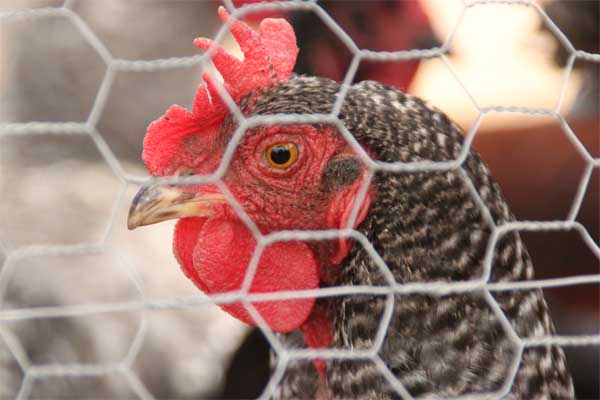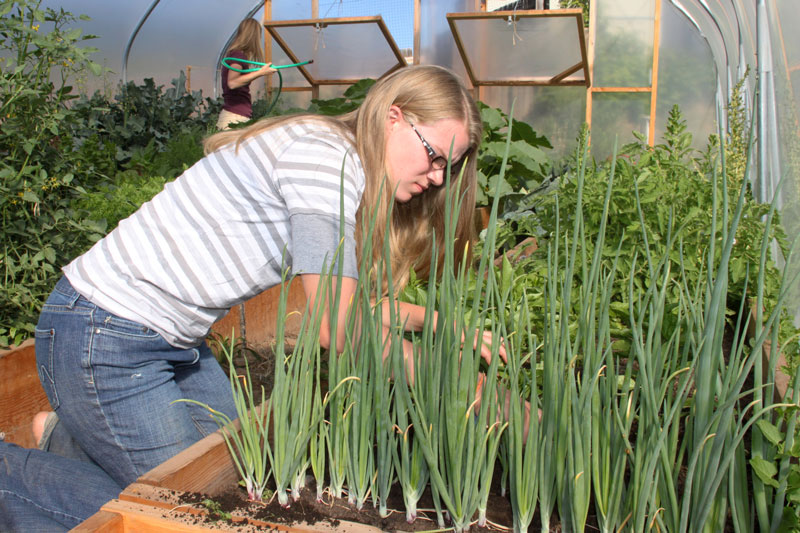The idea of homesteading or farmsteading is gaining popularity in the wake of the global pandemic, supply-chain shortages, violent acts of nature, and growing government debt and social unrest. A small group of early adopters have quit their jobs, purchased a piece of land, pulled a trailer and a tank of water onto that land and begun working to build a new life of independence. We commend them.
But there is a much larger group of people who see the merits of being more independent but are looking for a way to transition into this lifestyle more gradually. If this second group describes you, our Georgics Retreat program is the right time and place to gain the knowledge and strategy to begin where you are.

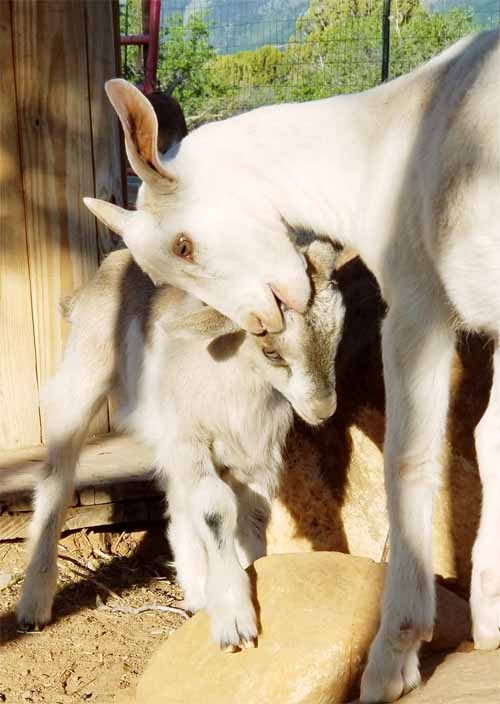
Perhaps the most important take-away from this retreat experience are the new friends and the community development that always happens when people come together to address concerns and find solutions. Be sure to bring any musical instrument that you play, jam sessions around the bonfire under our amazing no light-pollution night sky are common here.
Going the extra mile, there will be a colloquium on day five covering the book, Flight From the City by Ralph Borsodi (find it on Amazon). A colloquium is a group discussion around a book we have all read. To get the most out of this experience, read this short book before arriving on campus.
Per person (18 and over)
Before May 1, 2024: $1,100
After May 1, 2024: $1,700
Per married couple
Before May 1, 2024: $1,700
After May 1, 2024: $2,400
Cost for children
(covers meals only, children may attend all classes for free)
Ages: 0-5 – $0
Ages: 6-9 – $100
Ages: 10-13 – $150
Ages: 14-17 – $200
Parents are strongly encouraged to keep a close eye on their children. While we have never lost a child in 14 years of events on this campus, some kids have wandered away from the main areas of activity which caused a moment of stress for the parents.
For those who want to attend a class or two without worrying about their kids, childcare services will be available on a case by case scenario, let us know and we will connect you with the local providers.
Cost includes RV or camping spots (no sanitation or water/power hookups available), all meals, all instruction, limited restroom/shower facilities.
Camping or RV parking on campus is encouraged at no cost
No Pets
No Refunds Allowed After May 20, 2024
Retreat Location
1849 North Creek Road
Monticello, UT
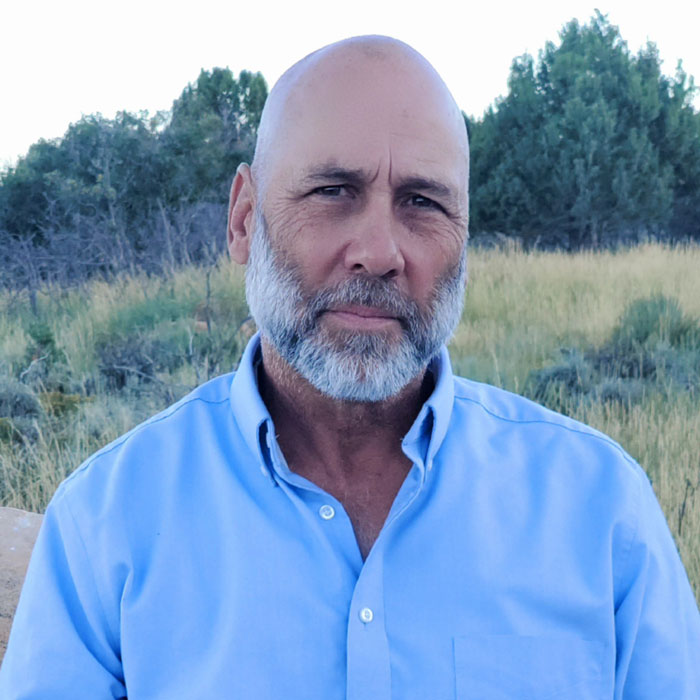
Director

Director
Shanon Brooks is the director of The Center for American Legacy Studies, an institution dedicated to helping families embrace and incorporate the Five American Ideals; Georgics, Liber, Providence, Public Virtue, and Liberty into their lives and communities. America exists because of Americans. Americans are the beneficiaries of a peculiar culture and way of living.
Over the past 75 years, that culture and way of life have been lost. Restore that culture and Americans will rebuild America to once again be worthy of John Winthrop's 1630 admonition, "For we must consider that we shall be as a city upon a hill. The eyes of all people are upon us."
Brooks has been a leader in alternative higher education for over 30 years, and is the author of two books: AMERICAN: Killing the American Dream and A Thomas Jefferson Education for Teens.
Dr. Brooks is a veteran of military service in the United States Submarine Fleet and holds a Bachelor’s degree in business administration, a Master’s degree in education, and a Ph.D. in constitutional law.
He and his wife Julia reside on the 80-acre conference facility of The Center for American Legacy Studies.
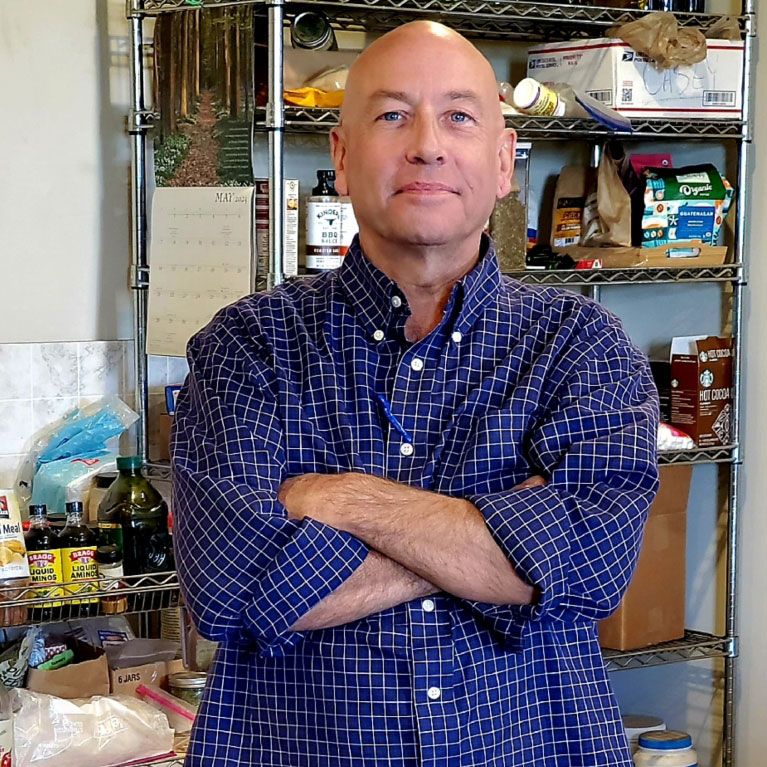
Educator

Educator
Dan Brooks was born and raised in the Pacific Northwest. During his first career, he spent 20 years working in and managing high-end restaurants and golf courses including extensive banquet/special events services and ice sculptures.
For the past 23 years, Dan has been a successful entrepreneur and family business owner in Las Vegas. He and his wife have 4 children and 11 grandchildren. He serves as a trustee for The Center for American Legacy Studies.
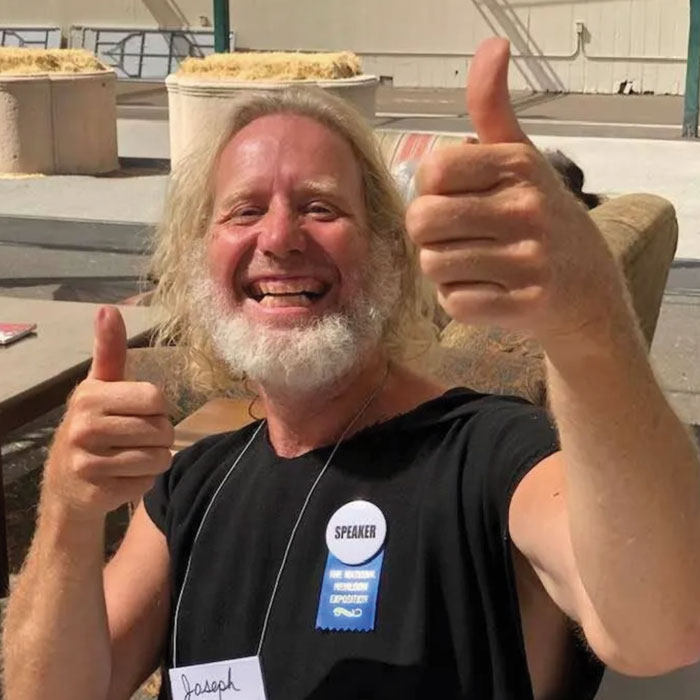
Educator

Educator
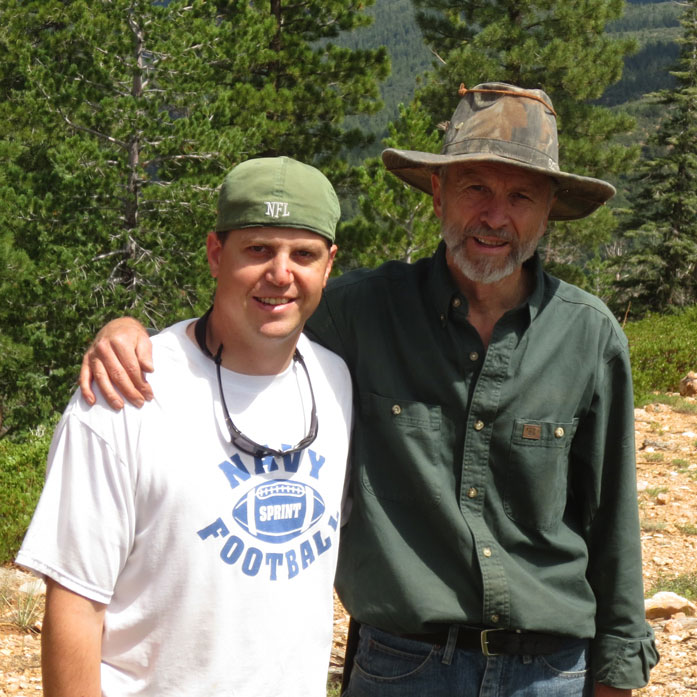
Educator

Educator
Vern Cox is married to Joyce Christensen and they have 8 children. He has 3 earned degrees, a BA in psychology, and both a Master’s degree and a Ph.D. in marriage and family therapy.
He has had a diverse and interesting career that started with the Bureau of Land Management, followed by a stint as a Learning Disabilities teacher, and finally a marriage and family therapist, working his way up to executive director of the High Country Counseling and Resource Centers that served two counties in Wyoming.
Dr. Cox served for several years on the board of a charter school. Dr. Cox remains heavily involved in his community and the home schooling movement.
He has extensive background in marriage and family counseling, having held a number of administrative positions during his first career. He holds a BA in Psychology and both a Masters and PhD in Marriage and Family Therapy. He lives with his wife and several married children on their multi-generation farm in Southern Utah.
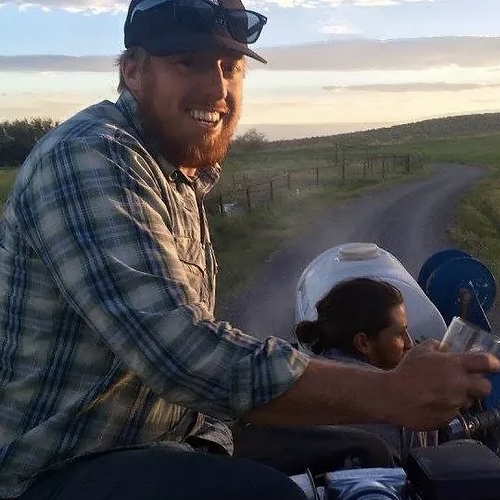
World Renown BD Expert

World Renown BD Expert

Director of Georgic Develeopment

Director of Georgic Develeopment
William DeMille is a lifelong vegetable farmer. He studied Horticulture and Agronomy at Northwest Missouri University, Maryville. He holds a certificate in aquaponic engineering and production from Cornell University, NY, and another from GrowHaus Aquaponics in Denver, CO. He also studied soil regeneration and is a graduate of Dr. Elaine’s Soil Food Web School. He is the Director of Georgic Development for The Center for American Legacy Studies.
William is a farm consultant establishing several agricultural startups since 2005 in Missouri, Oregon, Colorado, Utah, and Nevada and he currently manages 2500 acres of grassland for the Ruby Mountain Foods Company.
His latest venture is a market gardening school called Georgic Revolution where he teaches a 17-week course onsite in Nevada covering soil health and vegetable production without the use of fertilizers, pesticides, herbicides, etc. and where he operated a soil lab.
William lives with his wife Vernie in the snow capped mountains of Northern Nevada.

Krislyn Elliott and Lauren Swanepoel act more like sisters than moms as they take really slow walks through the woods together, looking at and taking pictures of every plant they see & wishing they could remember their names and uses more thoroughly. They also like concocting herbal teas, salves, tinctures and strange drinks.
Krislyn is from Utah and has loved learning about plants since an unusually cool high school biology teacher took his classes on neighborhood botany walks. She has always been fascinated and constantly amazed at the power and beauty of plants.
Lauren is from South Africa, she and her family emigrated to Utah almost 10 years ago. They have fallen in love with the area and know more about this state & the great places to explore here than most Utah natives.
We both feel strongly about taking care of our families with natural methods and the abundant medicine we have growing right around us. We are trying to learn as much as we can about our magical local plants and are looking forward to sharing some of our favorites with you.
*For the Western world, the foundation of critical thinking was conceived during a time when farming was king. It was known to the ancients as georgics. Georgics, more commonly known since the 1800s as the philosophy of agrarianism, is a term that describes a culture of independent farming that engenders the qualities of duty, order, frugality, and self-control. These farming-oriented values and ethics are the same ones that create and sustain a liberal arts system of education and a political order in which citizens govern rather than being ruled by the so-called 1%ers.
The word “georgic” or “georgics” is derived from both Latin and Greek, and literally means to work the land or to engage in agricultural efforts. When I say that in the 21st century, people generally think I am suggesting that everyone should engage the profession of farming, but that is not what I am saying. I mean to say that even while a person may be a doctor, a lawyer, a bricklayer, or a salesman; we should all still engage in farming to produce food and creating a rural lifestyle.
Georgics as a concept has a strong 2,700-year history. It begins with Hesiod around 700 BC. The Roman historian Virgil picked up the torch in his poetic writings actually called “The Georgics” in 35 BC. Hilaire Belloc illuminated economic medieval history in his work The Servile State, which outlines the evolution of the term “yeoman” from servant of the king to free landholder and independent farmer from 500 to 1400 AD. Georgics as an Anglo New World concept and practice, started in 1607 with Jamestown as agriculture and georgics became the primary means of livelihood and way of thinking for the American
colonists. By the late 17th century John Locke introduced his georgic concepts of private land ownership with “Two Treatises on Government,” followed by the mid to late 18th century economic theories of the Physiocrats in Europe, which supported the growth and development of agriculture as the true means of national wealth. Early 20th century Austrian philosopher, Rudolf Steiner, the founder of the Waldorf Schools, developed the georgic concept of biodynamics in the 1920s, which was then introduced to American farmers in the 1930s, followed by the georgic concepts of permaculture presented by Bill Mollison in 1978 (chapter four covers both biodynamics and permaculture in depth).
The term georgics was adopted by the early Americans to describe a quality they not only very much admired, but one that they were determined to inculcate into the new American culture and that they were convinced would create a great land of liberty.
